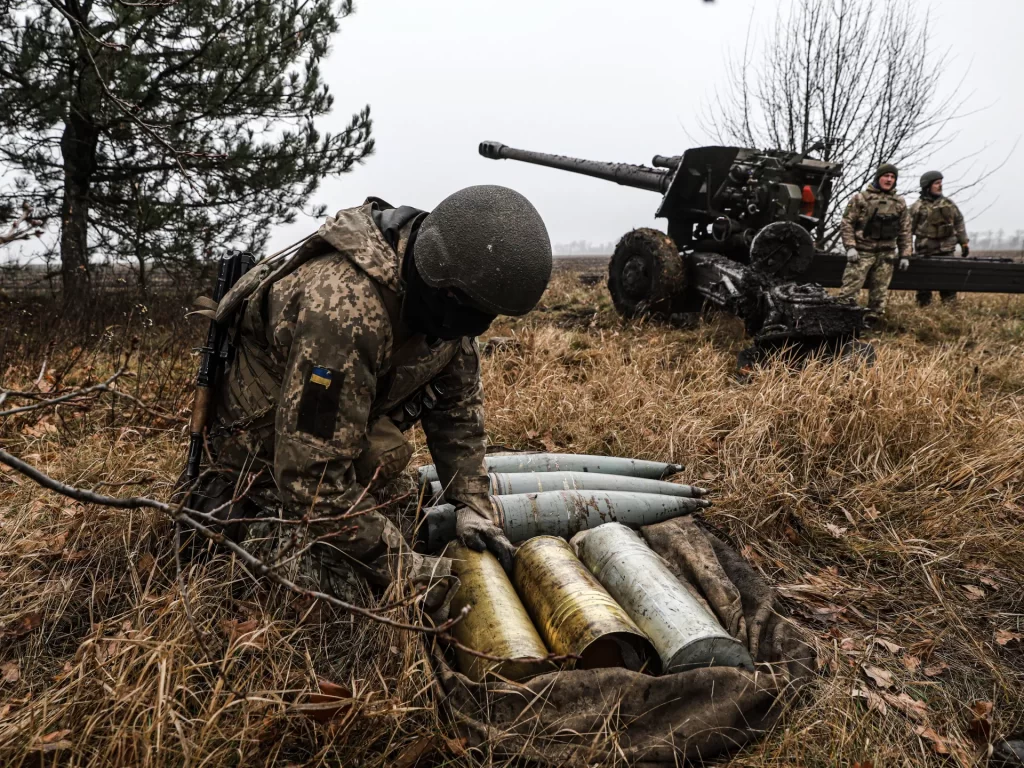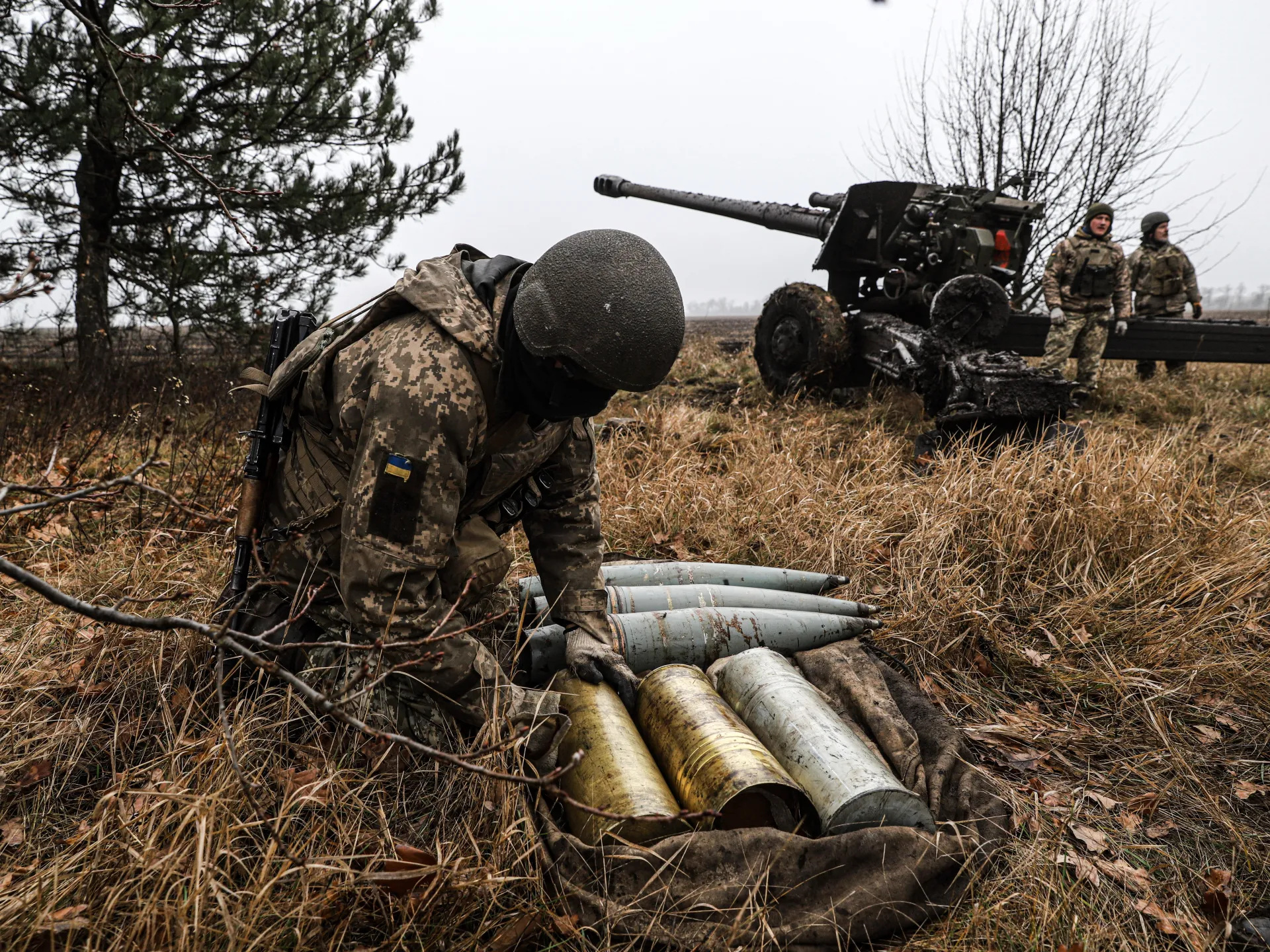
The EU will miss its target of supplying Ukraine with 1m artillery shells and missiles by next March, the German defence minister has said.
Boris Pistorius’s comments, the first public admission by a senior European minister that the target would not be met, were made before a summit of EU defence ministers in Brussels on Wednesday.
“It is safe to assume that the 1m rounds will not be reached,” Pistorius said. Diplomats and officials have been expressing scepticism privately for months about the goal.
The target was set in response to Ukraine’s urgent and ongoing need for 155mm artillery shells, which have become a key element in its fight against Russia’s invasion as the conflict has descended into an intense war of attrition.
The EU agreed earlier this year on a three-pronged approach to boost supplies as it emerged that Ukraine was burning through ammunition faster than the US and Nato could produce it.
The EU’s chief diplomat, Josep Borrell, said as he arrived at the summit that the bloc had provided more than 300,000 artillery shells and missiles under the first track of the scheme, which involved EU member states delivering from their own stockpiles.
He said the focus was now on the second element of the scheme, in which EU countries order new shells from industry under a joint procurement initiative. The EU was trying to get a better sense of how many shells that would yield, he said.
Borell suggested that an immediate issue was the export commitments of EU defence manufacturers outside the bloc. “About 40% of the production is being exported to third countries so, it is not a lack of production capacities,” he said.
“It is that they send their products to another market. So maybe what we have to do is to try to shift this production to the priority one, which is the Ukrainians,” he said.
Thierry Breton, the EU’s industry commissioner, said arms companies were making progress in increasing production and that a separate target of boosting European production of 155 millimetre shells to a million a year would be met.
“I’m responsible for ammunition production capacity,” he said. “So I can confirm that the target of producing more than a million rounds of ammunition a year, which we set ourselves and which they hope to achieve from spring onwards, will be met. Now it’s up to the member states to place the orders. This is not in the hands of the commission, of course.”
The Swedish defence minister, Pål Jonson, said the EU defence industry would take time to increase supplies.
“In Europe today, we have a defence industry for peacetime conditions and not for a situation where there is a large-scale war in Europe,” he said.
The US is the biggest supporter of Ukraine, according to the Kiel Institute, which tracks military support, followed by Germany, the UK and Norway.
According to a parliamentary report presented to the French national assembly’s defence and armed forces committee on 8 November, the cost of the country’s military support for Ukraine has reached €3.2bn (£2.8bn).
German government figures show it has committed €10.5bn between next year and 2027 with €2bn contributed in 2022 and €5.4bn committed for 2023.


